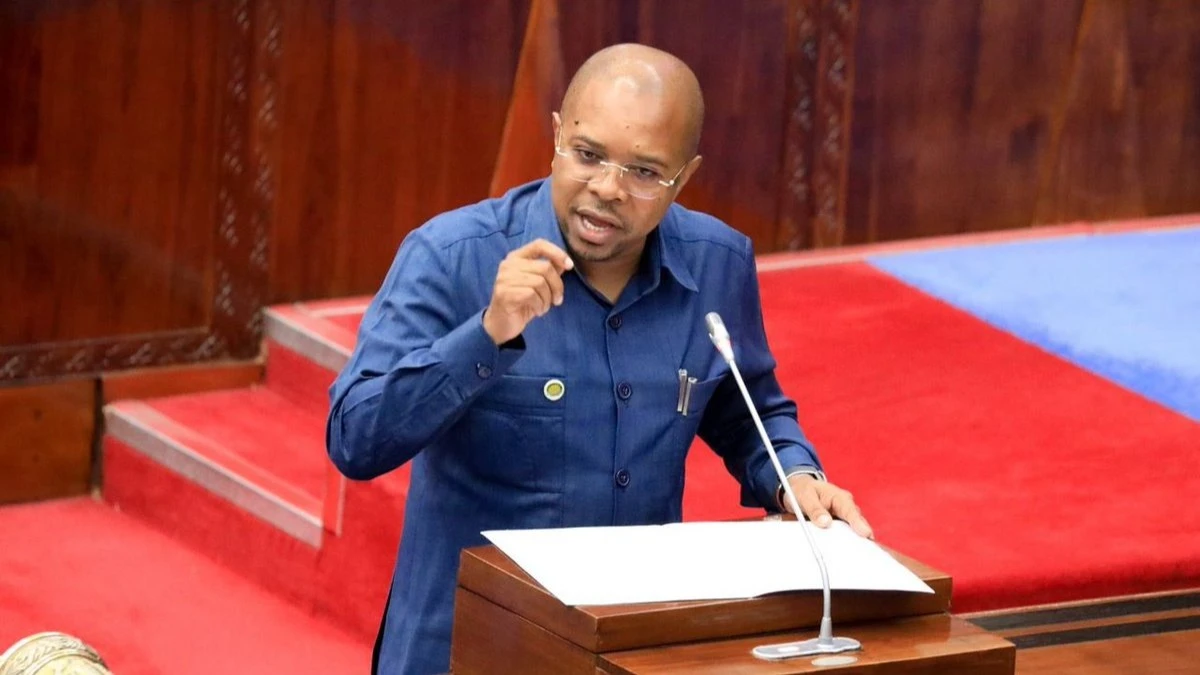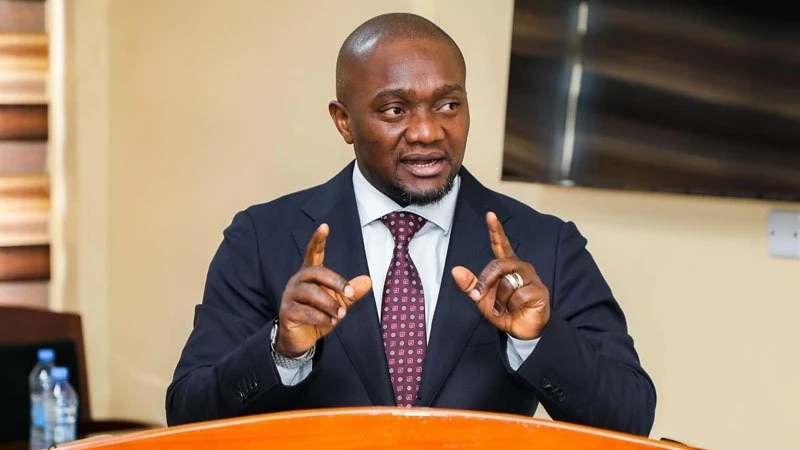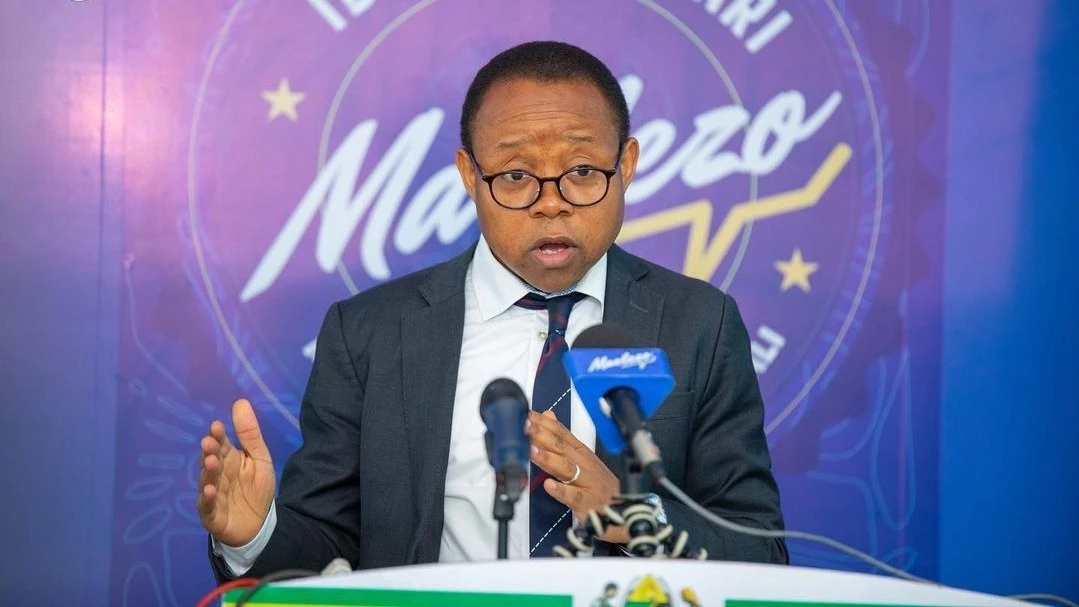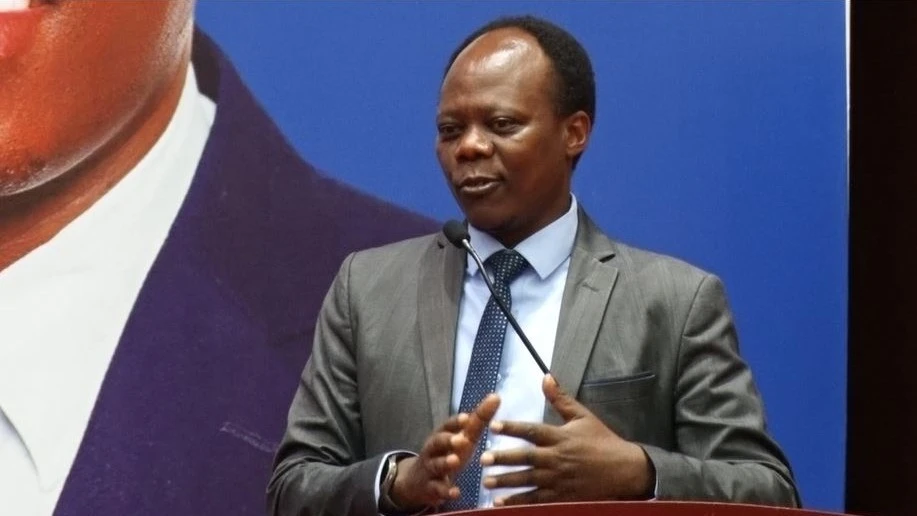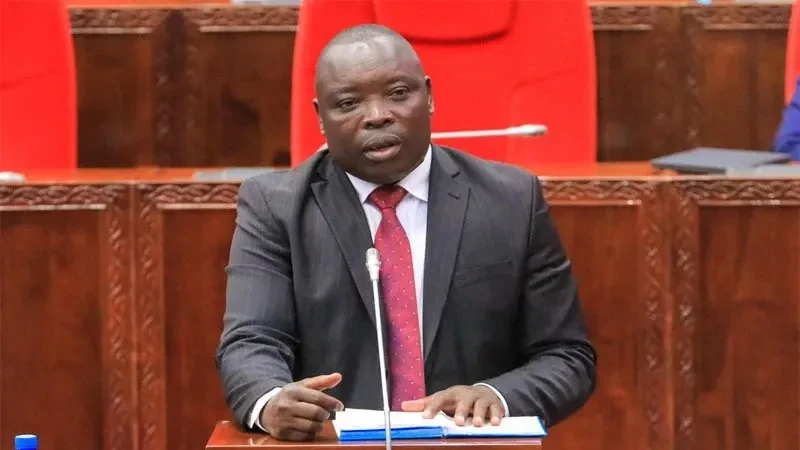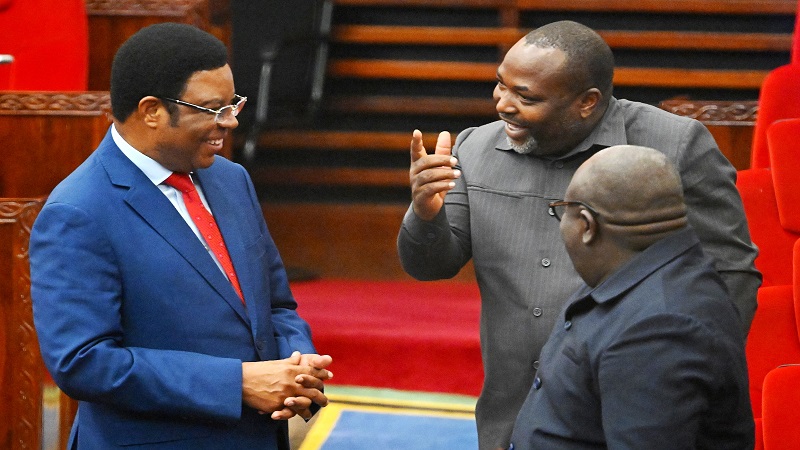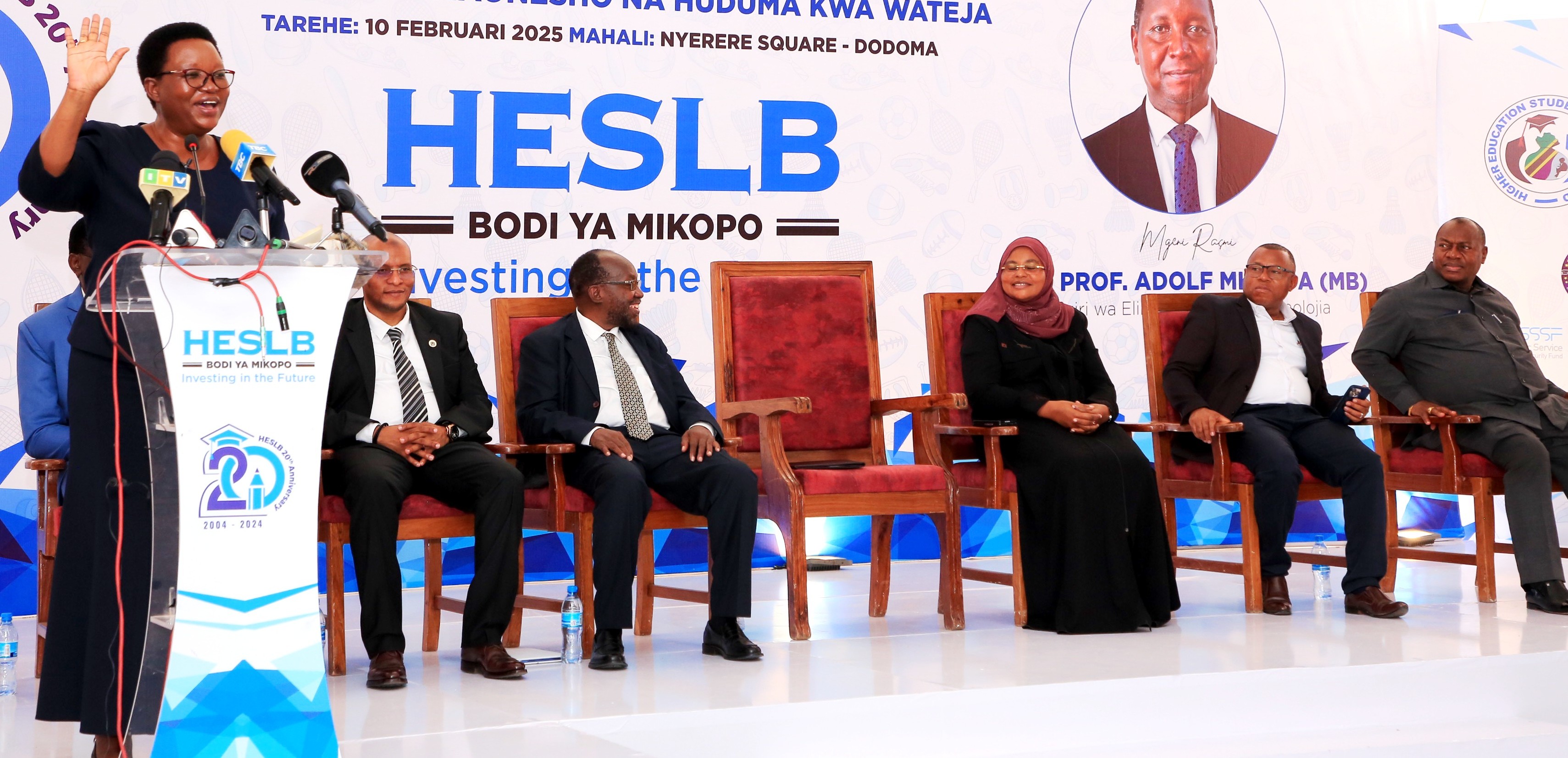World teachers' day: Reviving the careers’ dignity and tackling global shortage crisis
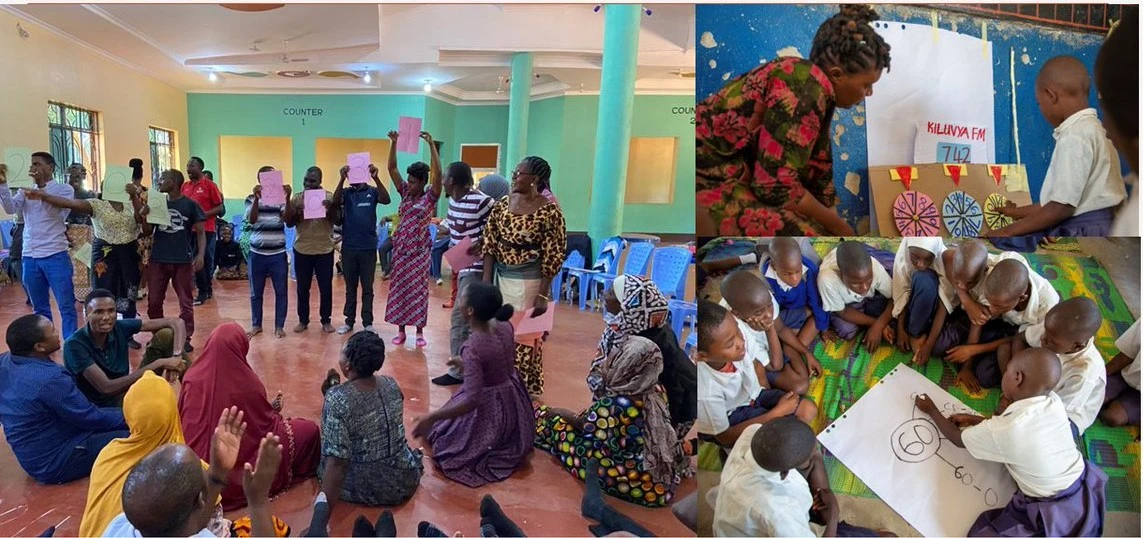
THE role of teachers in shaping societies cannot be overstated. They are the architects of future generations, tirelessly molding the minds of children and youth, and in doing so, laying the groundwork for national development. Tanzania is no exception to this truth. The country, like many others around the world, relies heavily on its teachers to build a brighter tomorrow, despite the many challenges they face.
October 5, 2024, the world came together to honour teachers under the banner: "The teachers we need for the education we want: The global imperative to reverse the teacher shortage." This message was especially relevant to Tanzania, a country where teacher shortages continue to strain the education system.
Prof. Adolf Mkenda, Tanzania's Minister of Education, Science, and Technology, marked the day in Njombe by praising the nation’s educators for their dedication and resilience. He extended heartfelt greetings to teachers, recognizing their enormous contribution to the development of the country.
“Today is a day to thank our teachers,” he said, acknowledging the hardships teachers endure, from overcrowded classrooms to limited resources. His words carried the weight of a nation deeply aware that without empowered and supported teachers, the dream of quality education remains distant.
He further highlighted the government’s commitment to working with stakeholders to develop incentive frameworks aimed at elevating the status of teachers. This, he said, aligns with the revised 2023 Education and Training Policy, emphasizing the need to value and recognize teachers’ work.
In collaboration with stakeholders, he highlighted that the government had introduced a framework to reward teachers and raise their status, in line with the revised 2023 edition of the 2014 Education and Training Policy, which stresses valuing and recognizing teachers.
This year’s global theme stressed the importance of listening to and involving teachers in educational decisions, as echoed by Benjamin Nkonya, Secretary General of the Tanzania Association of Managers and Owners of Non-Government Schools and Colleges (Tamongsco). He argued that the devaluation of teachers has been partly driven by weak policies, especially regarding education budget allocation.
Globally, October 5 is a key date for celebrating teachers, a tradition established by UNESCO in 1994 to honor their work and advocate for improved working conditions. Yet, Tanzania faces a severe teacher shortage despite recognizing the profession's significance. Schools across the country suffer from a lack of teachers, while many qualified young graduates remain jobless due to budget constraints or shifting national priorities.
Nkonya pointed out the disproportionate allocation of educational funding: "75% of the education budget goes to universities, leaving primary and secondary school teachers with minimal resources, even though they outnumber university staff. We dream of becoming a nation of science and technology, but where are the science teachers we need?"
Countries worldwide celebrate World Teachers’ Day differently. India, for instance, observes it on September 5 to honor Dr. Sarvepalli Radhakrishnan, a renowned philosopher, and the country's second president. In contrast, Chile marks the day on October 16, Costa Rica on December 22, New Zealand on October 29, and South Korea on May 15.
This year’s celebrations underscored the urgent need for deliberate strategies to eliminate teacher shortages, with a strong emphasis on protecting teaching jobs and recruiting new professionals in large numbers.
UNESCO, the International Labour Organization (ILO), and UNICEF jointly reiterated the need for a modern approach to education, encapsulated in the message: "You can’t teach today the same way you taught yesterday to prepare students for tomorrow."
The United Nations designated this date because it marks the adoption of two key international recommendations: the 1966 UNESCO-ILO Recommendations Concerning the Status of Teachers and the 1967 UNESCO Recommendations Concerning the Status of Higher Education Teaching Personnel. These laws outline teachers' rights, including their right to join unions and professional associations, their roles in education, and the need for appropriate working conditions. The recommendations also emphasize the involvement of teachers in national educational planning.
To monitor compliance, the UN established the ILO/UNESCO Committee of Experts on the Application of the Recommendations concerning Teaching Personnel (CEART). This committee meets every two years to review the status of teacher rights globally and address violations. Yet, many Tanzanian teachers may be unaware that this committee exists to protect their rights and improve their working conditions.
Despite international protections, some Tanzanian teachers face criticism for falling short of the professional standards that would warrant such advocacy. Once considered a noble calling, the teaching profession now draws many for the promise of employment rather than a passion for education, a shift highlighted in a 2011 report by HakiElimu, an NGO.
The report revealed that many young people enter teaching driven by job security rather than dedication, a sentiment echoed by the proliferation of teacher training programs across Tanzania. This has contributed to a growing number of teachers who are not sufficiently committed to their profession, leading to issues such as misconduct, including sexual harassment, and unprofessional classroom behavior.
This degradation of teacher ethics, coupled with their grievances over unfair treatment by employers, should prompt reflection on World Teachers’ Day. This day should not only celebrate teachers but also serve as a moment for teachers to assess their conduct and its impact on their profession.
During the era of Tanzania’s founding father, Julius Nyerere, teachers were held in high esteem as intellectuals and catalysts for positive societal change. Teachers were the first to be consulted when important matters arose within communities. Today, however, some teachers have tarnished the reputation of their profession, partly due to relaxed recruitment standards prioritizing filling vacancies over maintaining quality.
Since the government's decision in 2004 to rapidly produce teachers through the Primary Education Development Program, teaching has become a fast-track career, and teacher professionalism has declined. The rise of private schools employing unqualified individuals further undermines the profession, as many are hired simply for their ability to communicate subject matter, rather than for their pedagogical training.
To restore the dignity of the teaching profession, Tanzania needs a national teachers’ board akin to those in law, medicine, and accounting. This would require teachers to obtain professional licenses, just as lawyers must have a legal seal to practice.
Such a system would ensure that teaching meets the high standards set by UNESCO and ILO, safeguarding the integrity of the profession that is the foundation of all others. While other professions enjoy strong regulatory bodies to protect their reputation and standards, one must ask: why is teaching left behind, when it is the cornerstone of all education?
In many countries, teaching is elevated to the status it deserves. In Finland, educators are highly respected, and teaching is a competitive profession with rigorous qualifications. South Korea invests heavily in teacher training and evaluation, recognizing the direct link between teacher quality and student success. Singapore offers continuous professional development and mentorship; ensuring teachers are at the cutting edge of education. These examples show that prioritizing the teaching profession yields immense benefits for societies. It's time the rest of the world followed suit, valuing teaching not just as a job but as the bedrock of all other professions.
Top Headlines
© 2025 IPPMEDIA.COM. ALL RIGHTS RESERVED











